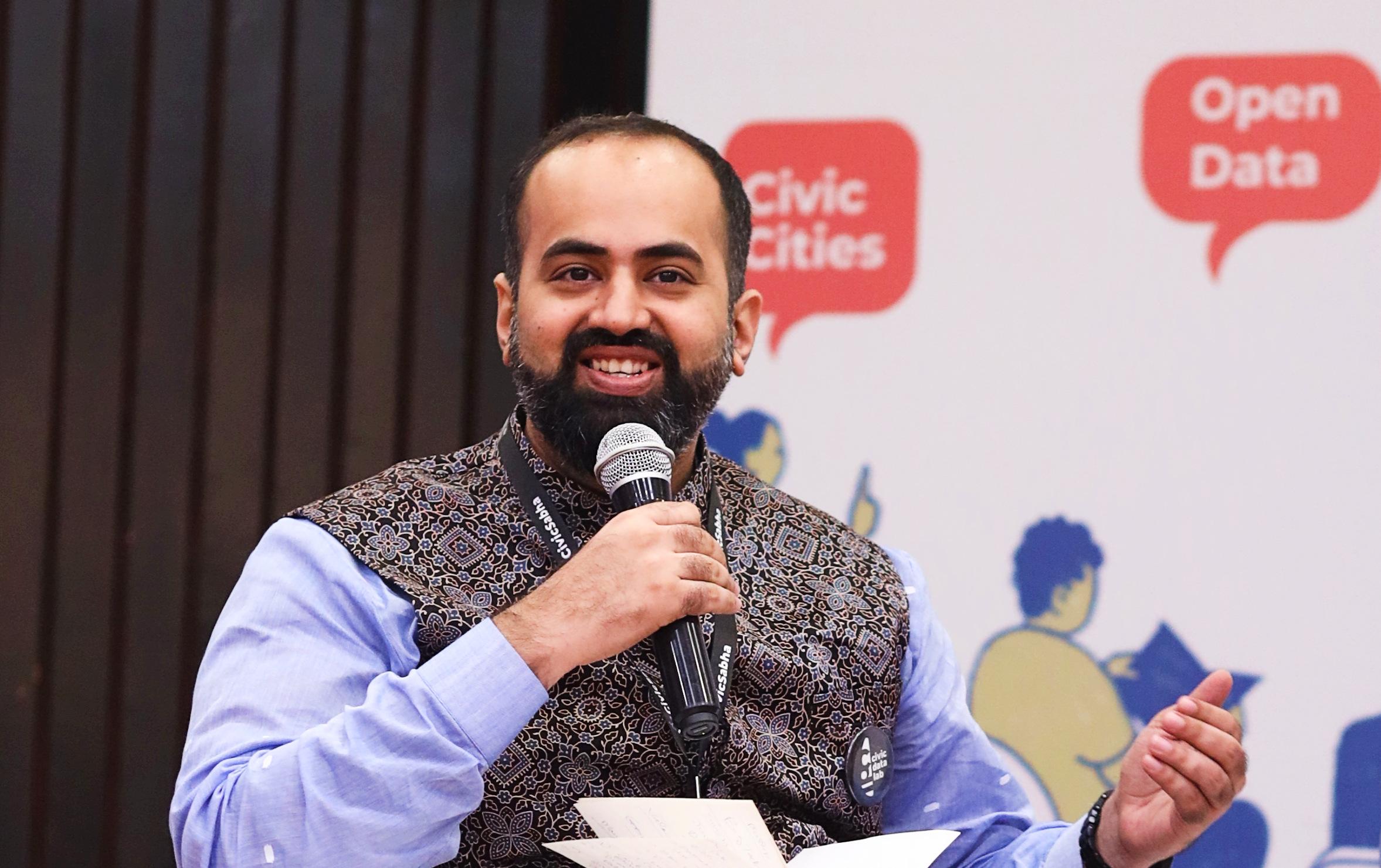Co-creating Open Data Collaboratives with FOSS
Background & Challenges
Open data has emerged as a vital public good, enabling access to high-quality, reliable data for shaping evidence-based decision-making, enhancing civic participation, and fostering innovation. It offers numerous proven benefits for advancing the Sustainable Development Goals (SDGs), including improving the efficiency of public service delivery, strengthening economic growth, and enhancing citizen trust and participation in governance.
Yet, despite these demonstrated advantages, the pace of open data adoption and maturity remains slow or stagnant in India and many other countries. Progress has been limited in making datasets fully machine-readable, openly licensed, freely available, and downloadable in bulk — alongside the availability of user-friendly tools to access and use this data. Many open data initiatives in India have remained siloed, short-lived, and disconnected from the communities they intend to serve.
To address these challenges, there is a pressing need to establish Open Data Collaboratives — multi-stakeholder, participatory ecosystems that bring together government agencies, civil society organizations, academia, businesses, media, and citizen groups to co-create robust, sustainable, and inclusive data-sharing infrastructure for the public good.
Role of FOSS in Open Data Collaboratives
Free and Open Source Software (FOSS) offers a cost-efficient, scalable, and community-led foundation for building and sustaining Open Data Collaboratives. By harnessing FOSS tools and principles, we can develop participatory data governance frameworks, collaboratively define metadata and data standards, and build interoperable, decentralized data infrastructure that enables broad participation and equitable access to data.
FOSS empowers communities and institutions alike to contribute, manage, and utilize critical datasets without vendor lock-ins or high proprietary costs. It also fosters transparency, innovation, and localization — crucial for delivering meaningful, high-quality data services to India’s diverse and distributed population.
In this session, we will learn from a range of experts in the Open Data and FOSS ecosystems about the challenges and opportunities in shaping, sustaining, and scaling Open Data Collaboratives in India. The session will explore how FOSS can serve as a catalytic enabler in building open, inclusive, and resilient data ecosystems for public good.
Panel Discussion
The proposed panel will feature leaders and practitioners from Open Data and FOSS communities, including representatives from government agencies, civil society organizations, academia, businesses, media, and grassroots communities. The panel will discuss key challenges and opportunities in sustaining and expanding Open Data Collaboratives, and explore how FOSS can help bridge critical gaps in infrastructure, governance, and community participation.
The discussion will also highlight relevant use cases, success stories, and practical insights on the benefits of integrating FOSS into open data initiatives — to enhance governance, improve service delivery, strengthen civic engagement, and foster innovation across India.
Understand the current State of Open Data in India:
Insights into the progress, gaps, and challenges in India’s open data ecosystem, including issues of data accessibility, interoperability, governance, and community participation.Identify the potential of FOSS in shaping shared Data Infrastructure:
How Free and Open Source Software (FOSS) can provide a scalable, cost-effective, and community-led foundation for building and sustaining Open Data Collaboratives.Learn from Real-World Use Cases and Success Stories:
Practical examples of how Open Data Collaboratives and FOSS-powered solutions have enhanced governance, improved public service delivery, and fostered civic innovation.Explore how FOSS can shape Participatory Data Governance:
Tools, practices, and governance models that enable community-driven metadata standards, equitable data sharing, and localized data management.Actionable Pathways to Scale Open Data Collaboratives in India:
Policy, capacity-building, and technology recommendations for scaling inclusive, sustainable, and resilient Open Data Collaborative at national, sub-national, and local levels.
Which track are you applying for?
Gaurav Godhwanoi

Not sure who the panelists or moderators are but this can be a good talk.